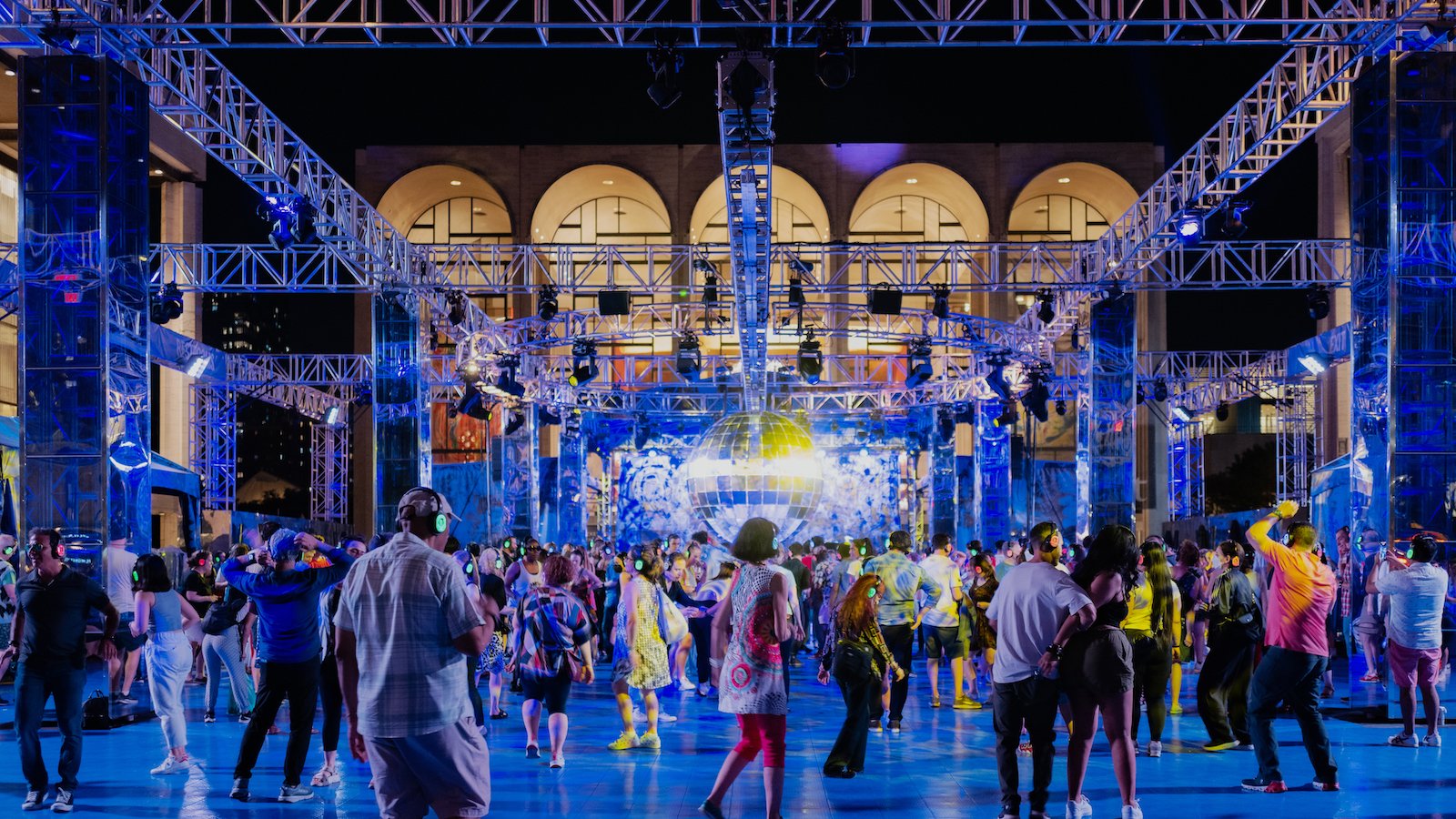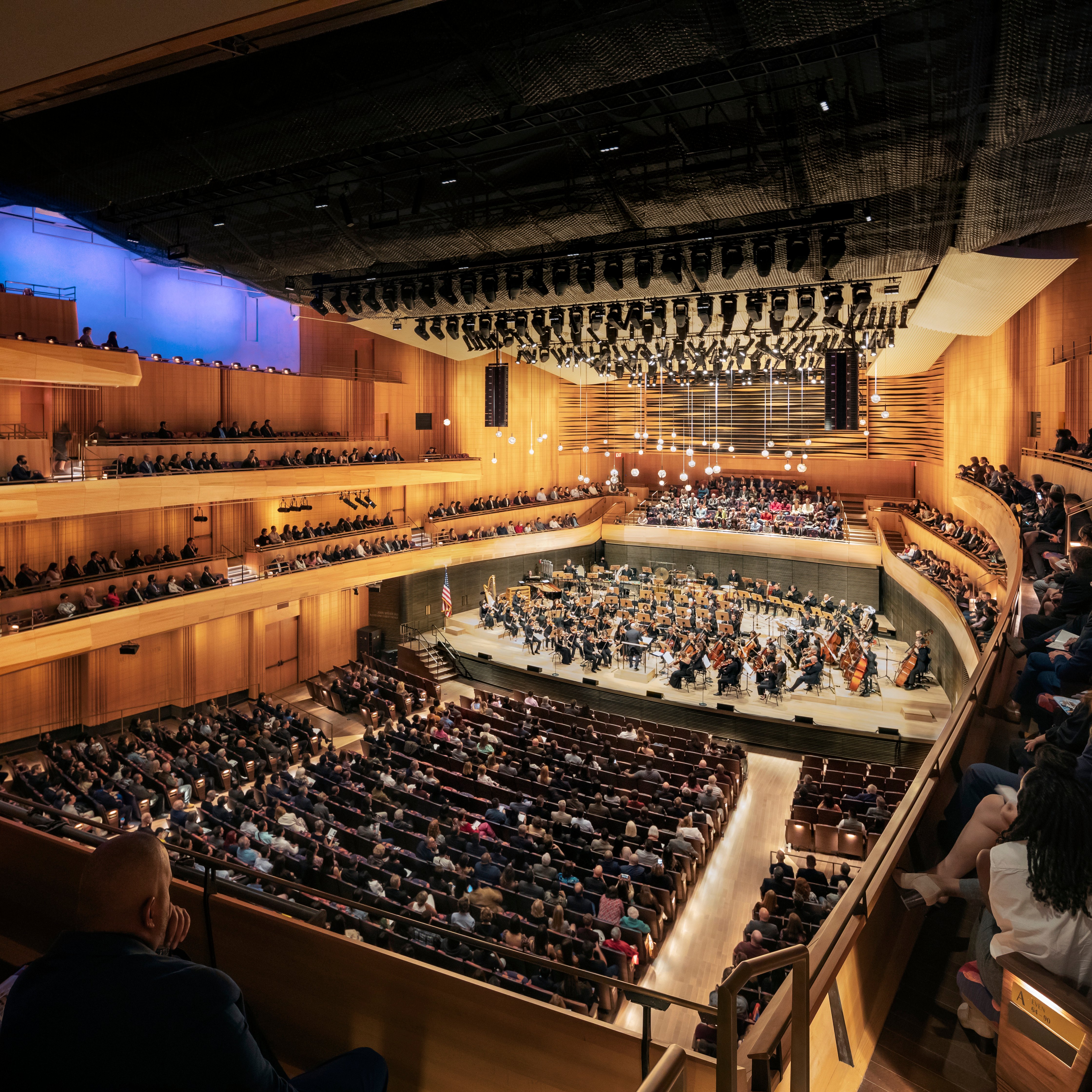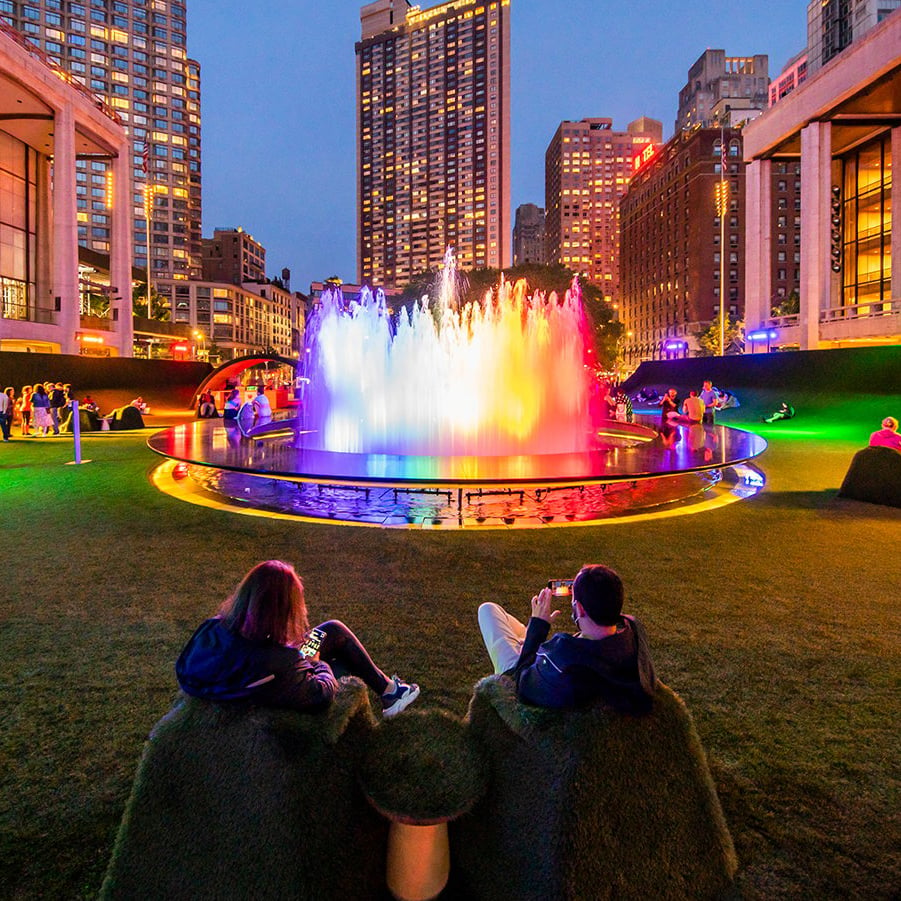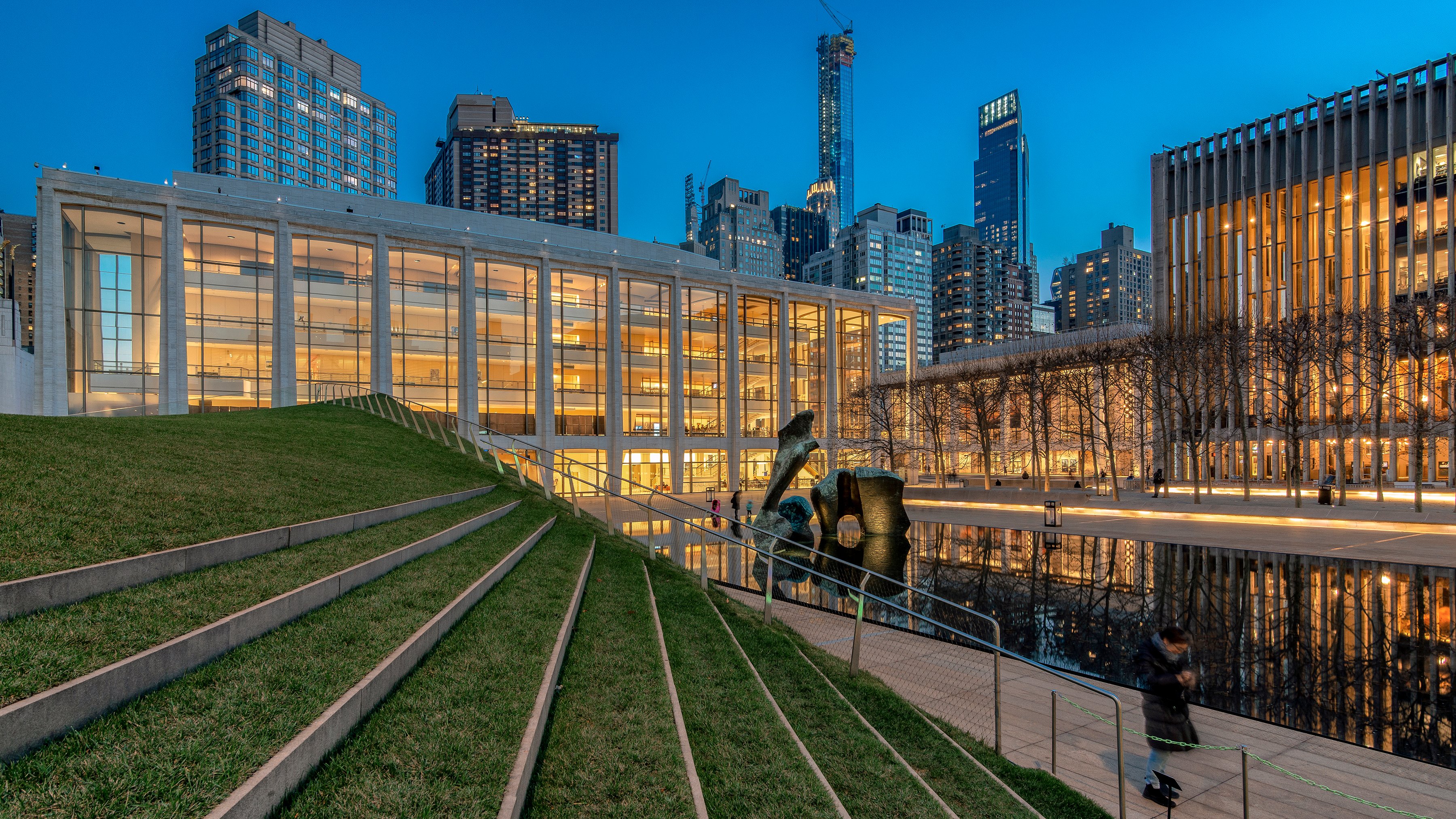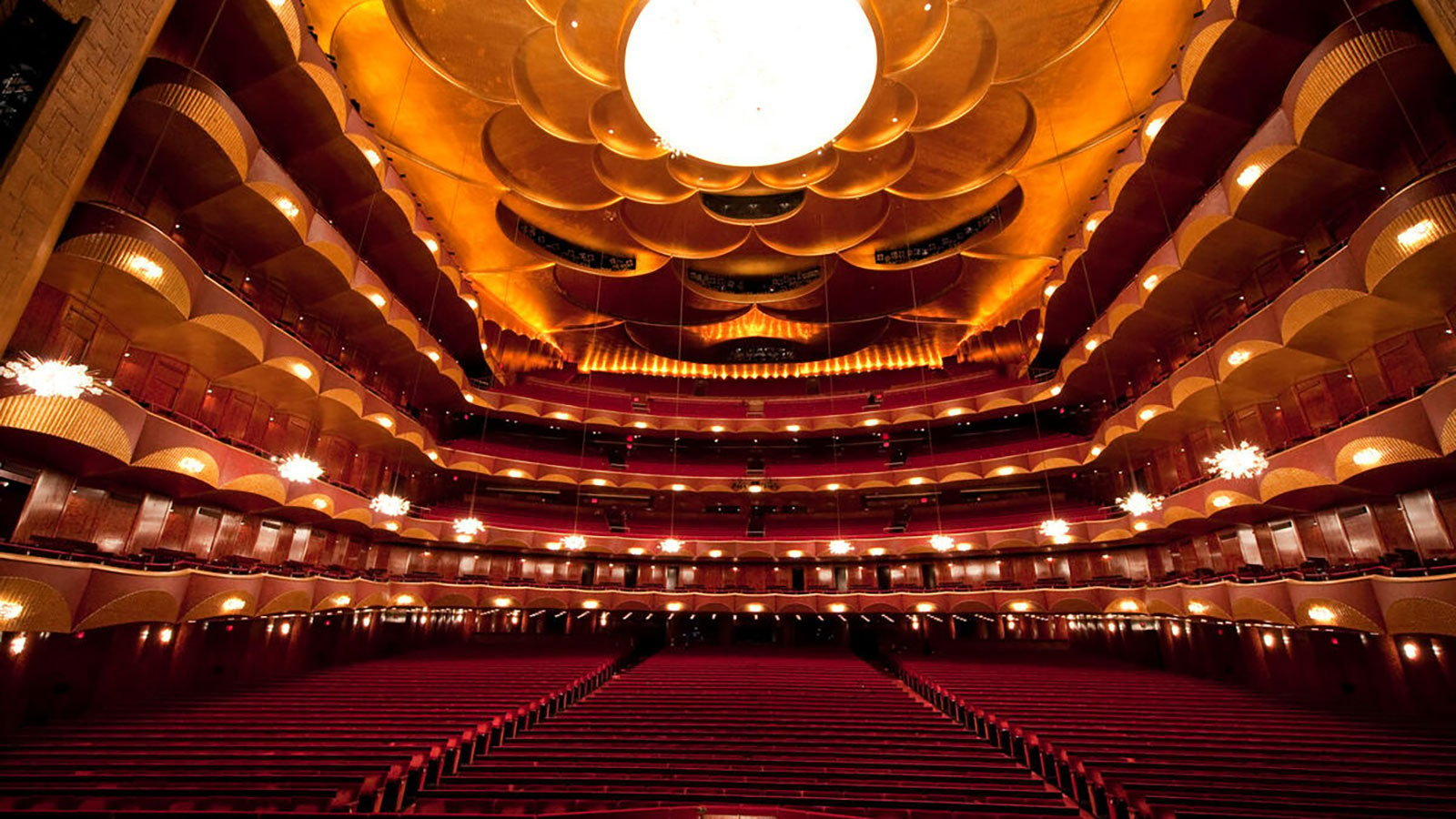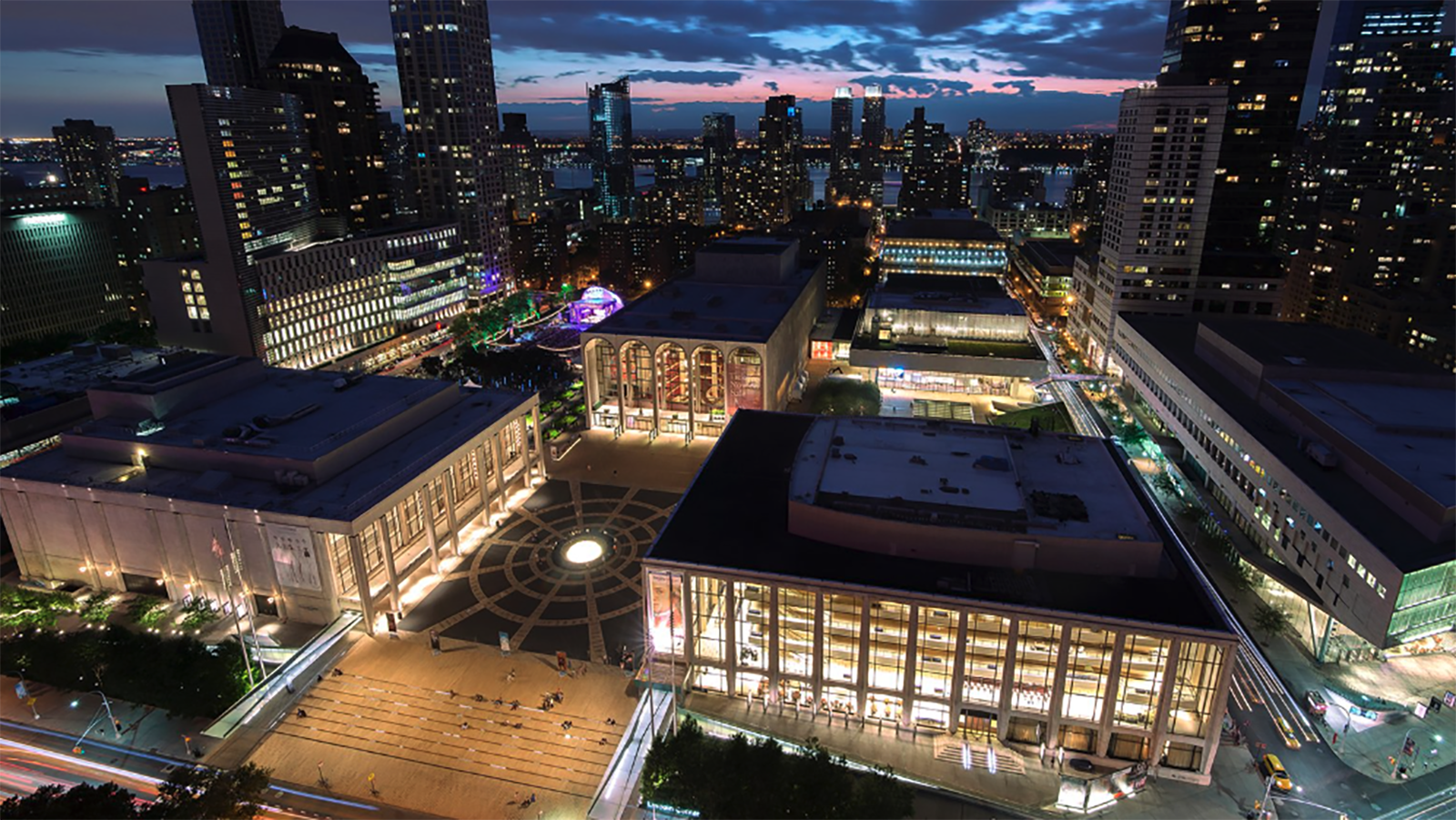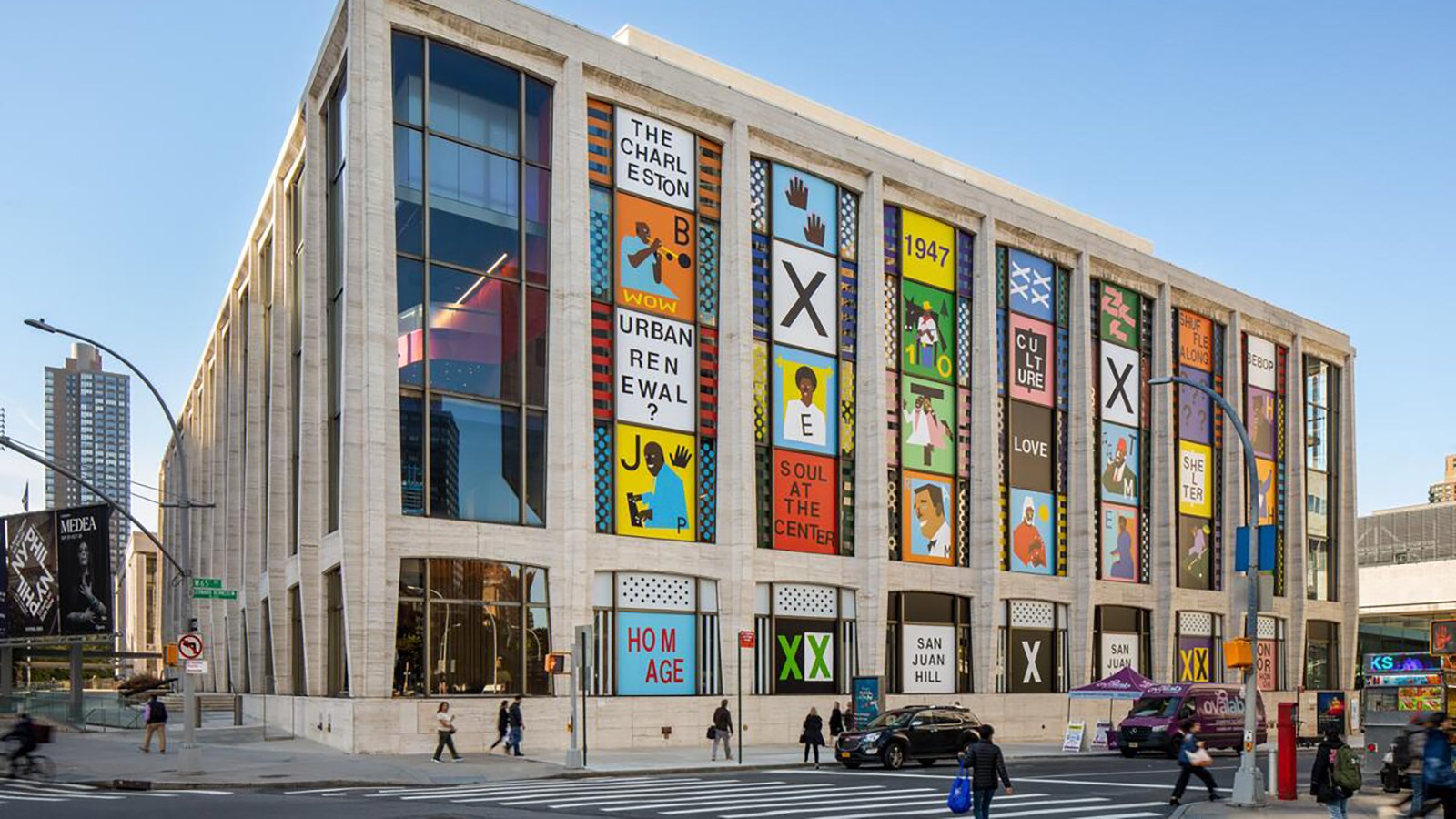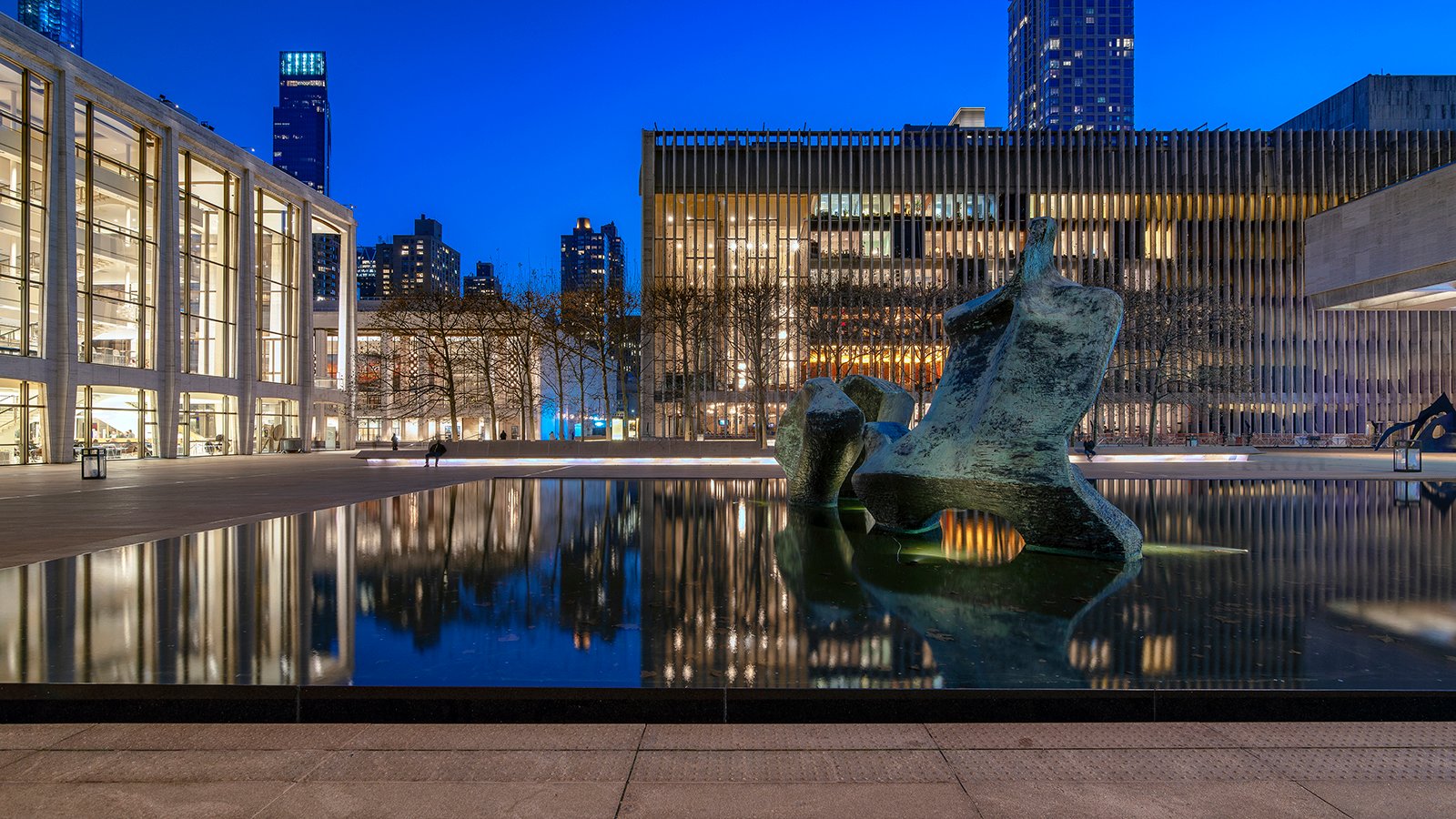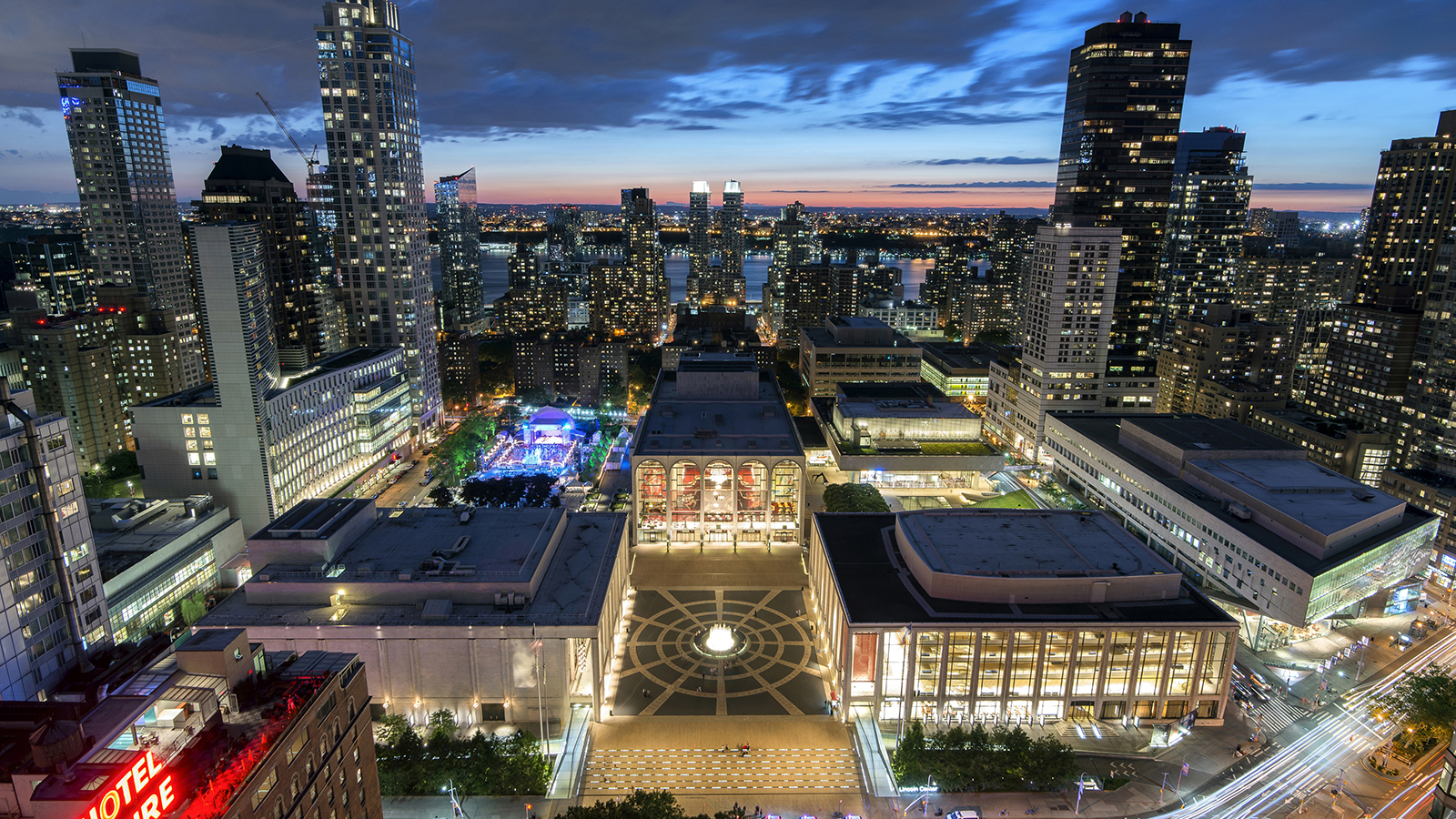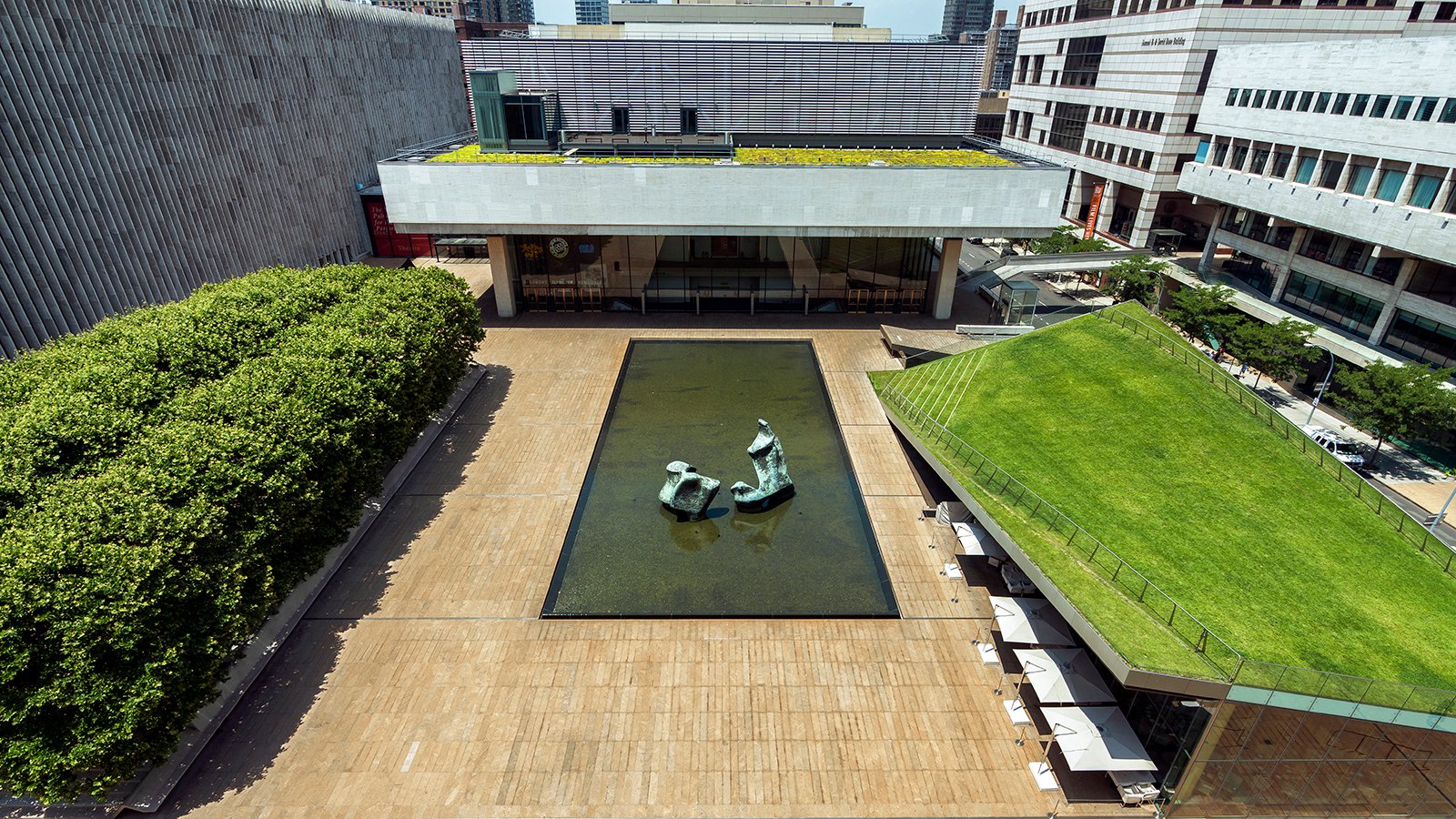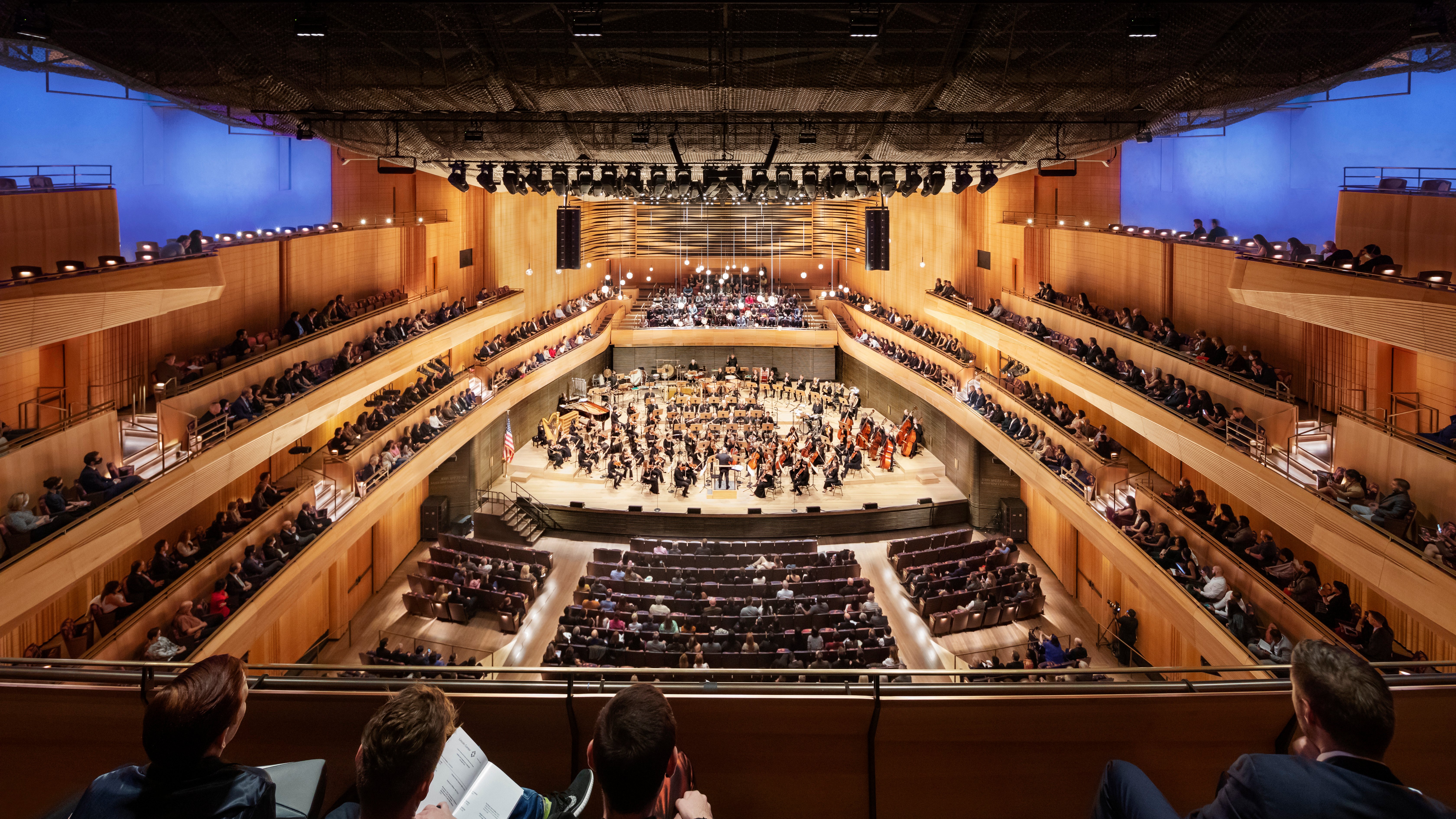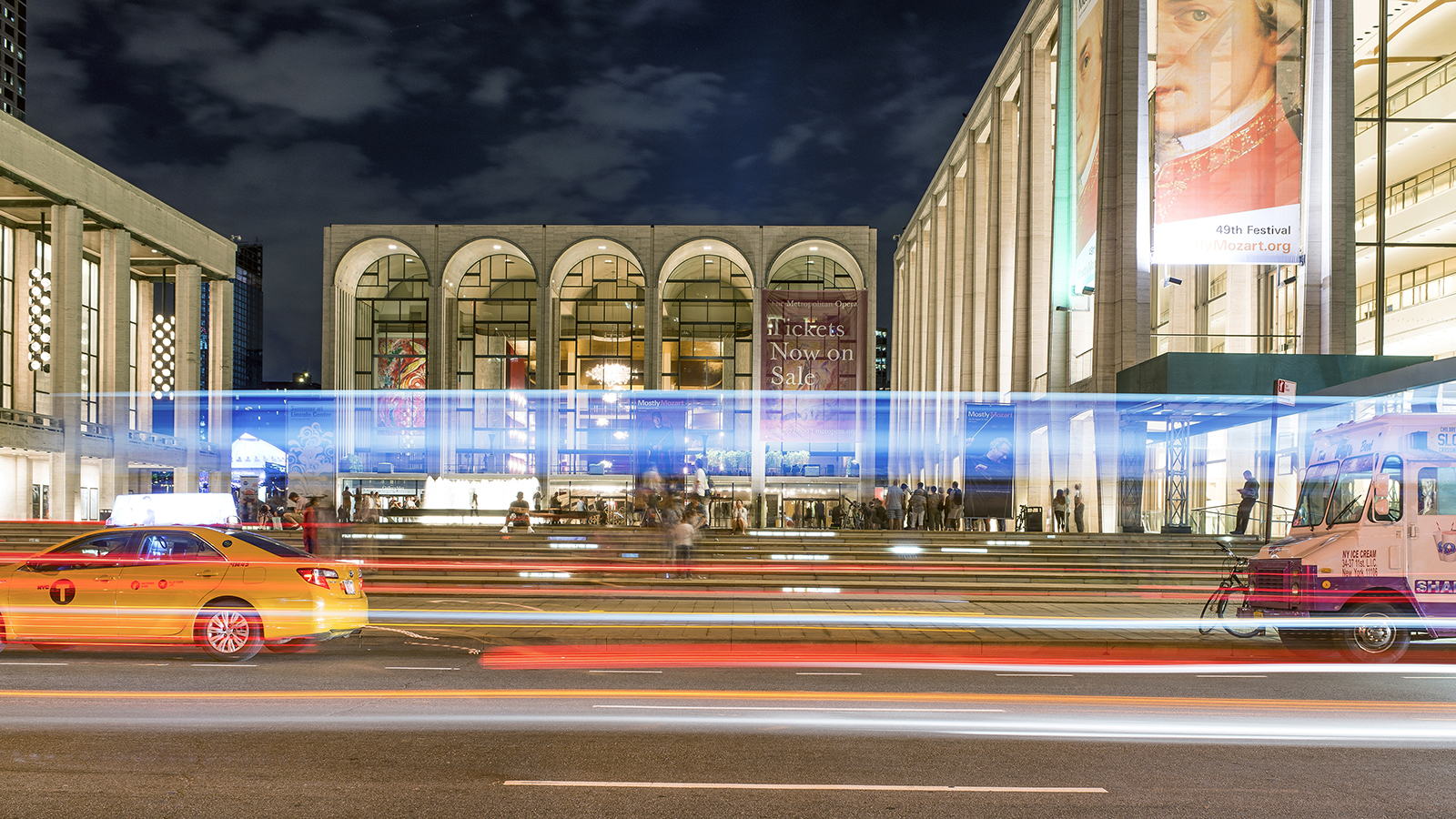
Sustainability
At Lincoln Center for the Performing Arts, we have a committed effort to protect the environment, in alignment with New York City's sustainability goals. Over the past decade, we have implemented several important changes to operations on our iconic 16.3-acre campus, which is home to 11 resident arts organizations and 30 indoor and outdoor facilities. These innovations have included improving energy, water, and waste efficiency.
As we look to the future, we are committed to continuing our efforts through several initiatives, including the ones outlined below.
What We've Done
Reduced strain on New York City's electrical grid
Lincoln Center for the Performing Arts participates in New York State’s Demand response program to reduce strain on New York City’s electrical grid. During times of peak electricity demand—on extremely hot days or during an emergency, for example—Lincoln Center sheds electric load by turning off noncritical equipment and lighting, raising space temperatures, and running steam chillers, which helps prevent citywide blackouts and brownouts, and contributes to a reduction in greenhouse gas emissions. The financial incentives we receive through our participation in New York State's Demand Response Program, based on the number of kilowatts saved, are reinvested into our facilities.
Reduced our carbon emissions by using renewable energy
In 2012 we became the first performing arts center in New York City to be powered by wind and/or solar energy. We continue to purchase 100 percent renewable energy, which powers David Geffen Hall, Alice Tully Hall, Elinor Bunin Munroe Film Center, Lincoln Ristorante, the David Rubenstein Atrium, the Samuel B. and David Rose Building, several Juilliard facilities, and the Central Mechanical Plant, which provides heating and cooling to campus facilities, including the Metropolitan Opera House, David H. Koch Theater, Lincoln Center Theater, and others. As a result, we have been named a 100% Green Power User by the Environmental Protection Agency's Green Power Partnership.
Added sustainable roofs and green spaces
As a part of the campus redevelopment that finished in 2012, we added a green roof to the Claire Tow Theater; installed energy-saving, reflective (“cool”) rooftops on several campus buildings; built the 7,200-square foot Laurie M. Tisch Illumination Lawn on the roof of Lincoln Ristorante; and added a net total of 88 trees across campus. In addition to helping reduce Manhattan's heat-island effect—which is essential to lowering emissions and energy costs across the city—these efforts also help regulate building temperatures and manage stormwater runoff.
Installed solar panels
The Samuel B. and David Rose Building—the main office space on 65th Street that houses administrative staff from our resident organizations, rehearsal spaces, and student dorms is partially powered by solar panels on the building’s roof.
Decreased energy waste by complying with local energy and sustainability laws
Lincoln Center continues to maintain or exceed compliance with Local laws related to energy and water consumption, including performing routine retrocommissioning of our facilities when needed to help ensure efficient operation. We are in the process of studying improvements and developing a plan for our campus’s energy infrastructure needed to reduce greenhouse gas emissions.
Achieved LEED® Gold certification for two of our venues
The David Rubenstein Atrium and the Claire Tow Theater are recognized by the U.S. Green Building Council for sustainable and environmentally sound design, which includes green construction practices and use of regionally sourced and recycled materials. One of the Atrium's most striking features is its "living" plant walls.
David Geffen Hall Renovation
The newly renovated David Geffen Hall was designed and constructed with a sustainability mindset. The renovated building has LED lighting throughout, new energy efficient systems, and a new low-reflection roof. LEED status is pending.
Implemented a campus-wide waste management and recycling program
Trash collected on our campus is sorted by our waste management partner into recyclable and nonrecyclable material through a single stream process, inclusive of organics and composting. Through this program, we are providing that trash is not sent to a landfill.
Contact Us
Have a question or comment about Lincoln Center's sustainability initiatives? Email us at [email protected].
